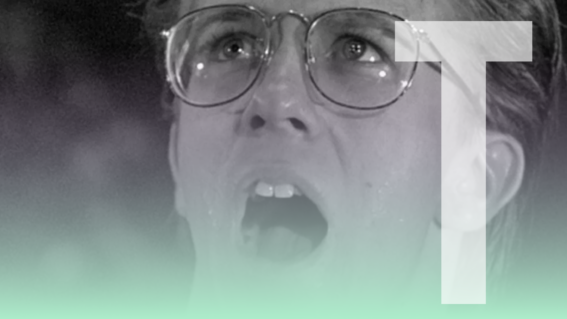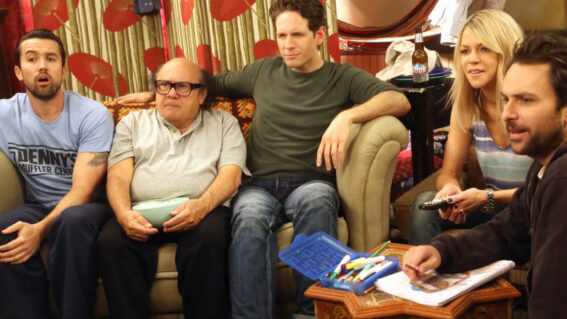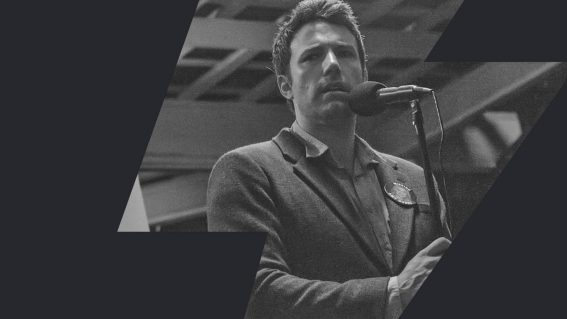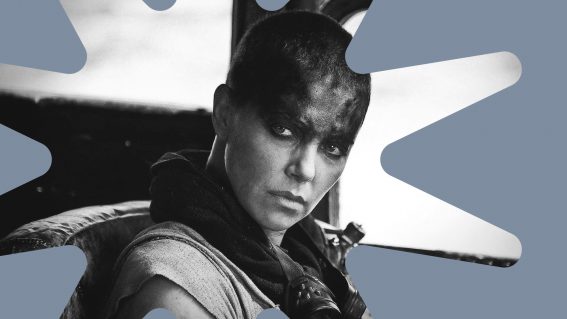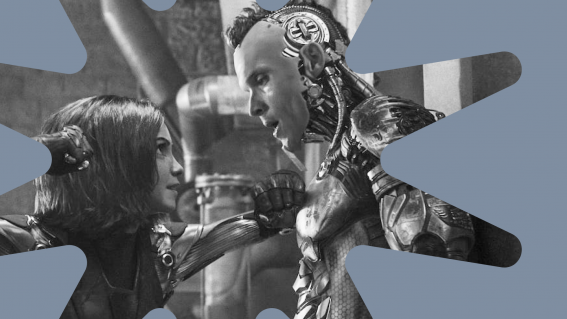Rūrangi: Rising Lights gives the Emmy-winning NZ series the breathing room it deserves
With episodes now clocking in at the half-hour mark, this second season gives the series the breathing room it deserves.
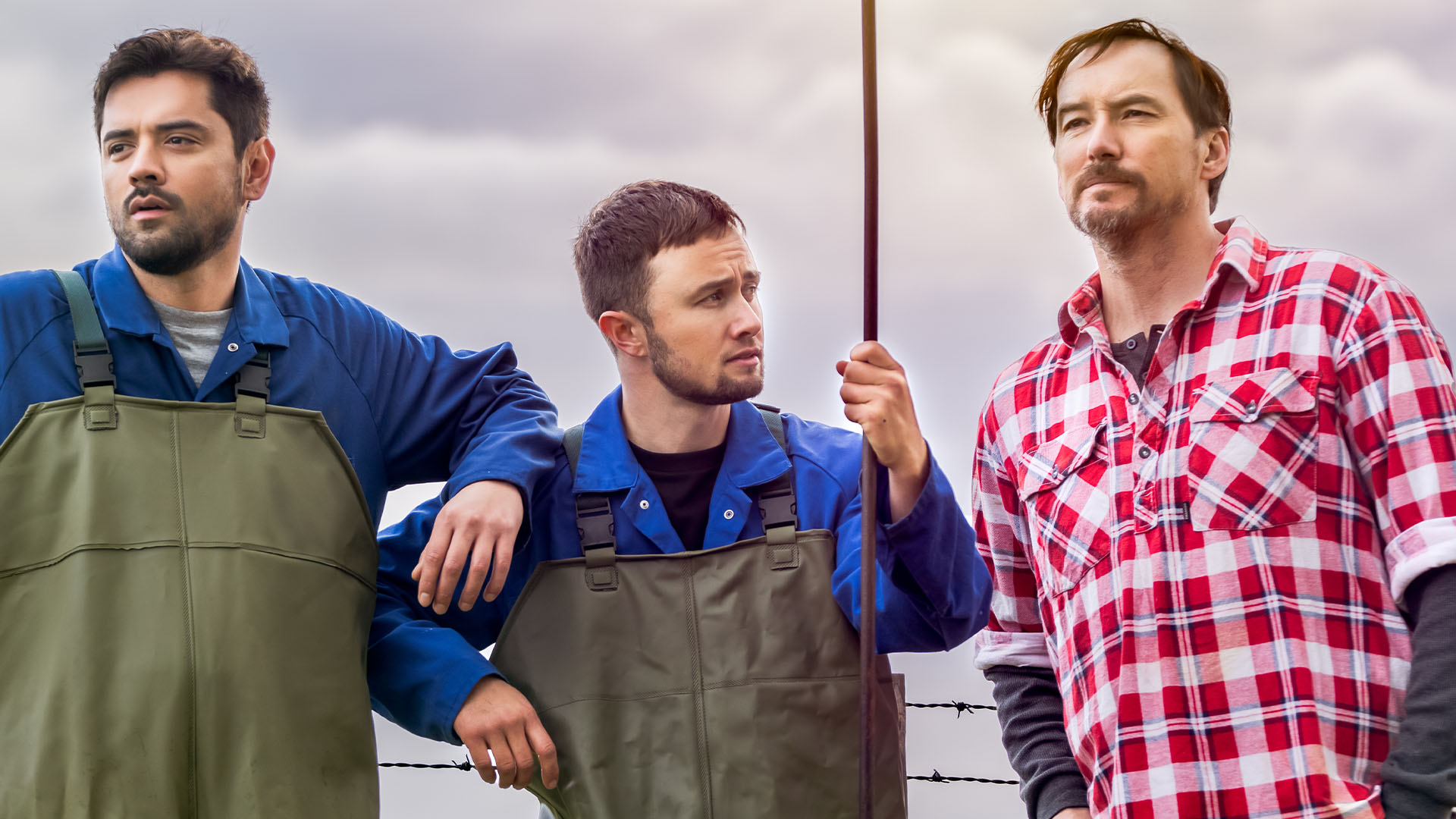

The Emmy-winning Aotearoa series returns with Rūrangi: Rising Lights—streaming on Neon. While the first season proved significant, this second season expands the show and gives it the breathing room it deserves, Liam Maguren writes.
Premiering in 2020, Emmy winner Rūrangi was one of the more significant pieces of screen storytelling to come out of contemporary Aotearoa. This wasn’t just a story about trans people; this was a story told by trans people with trans talent in front and behind the camera. For anyone who’s seen enough stories about the transgender experience as told by cis people, Rūrangi’s point of difference could be felt immediately.
In her excellent piece on Rūrangi, Amelia Berry captured that feeling succinctly: “Even with its shining gender diverse credentials, it’s frankly shocking that Rūrangi has managed to make a film about transgender experiences that has this much clarity, lightness, accessibility, truth, and joy. Even the darkest moments of this film feel like a triumph because of the deftness and fresh approach with which they’re handled. For a trans audience, seeing Rūrangi will feel like coming home for the first time.”
As significant as it was, 2020’s Rūrangi went by an awkward template that arguably restrained its narrative. Originally made as a web series (five episodes clocking in just above 15 minutes each), the first season premiered in its entirety at the New Zealand International Film Festival. It later received its own nationwide theatrical run with a new edit refitting the web series into a feature film.
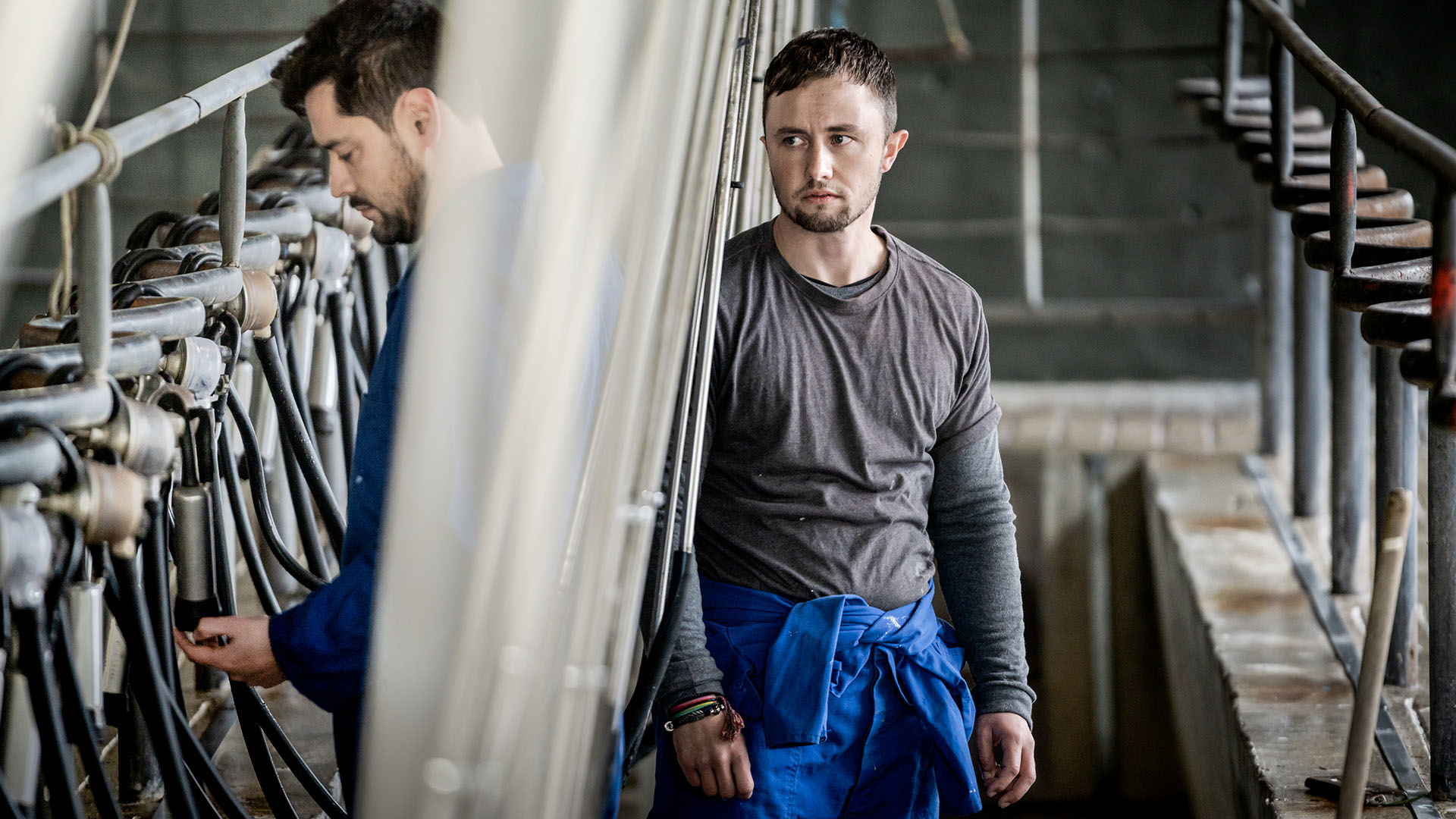
Telling the story of Auckland-based activist Caz (a memorable turn from Elz Carrad), who returns to his small hometown for the first time as an out trans man, Rūrangi used a reunion tale to charge head-first into a bunch of identity issues. This extended beyond trans visibility to encompass the plight of modern Māori attempting to reconnect with te ao Māori and the ever-prickly subject of New Zealand farming’s toll on the environment. Clearly, the first season had a lot on its mind, but with the limiting web series format felt restraining its narrative, it made you wonder what could have been.
Rūrangi: Rising Lights is the ‘what could have been’. With episodes now clocking in at the half-hour mark, this second season gives the series the breathing room it deserves.
Following the events of season one, Caz has become a bit of an icon among the queer rangatahi in town. However, getting his dad’s chemical fertiliser bylaw to go to a ballot means Caz has to return to the Auckland community he fled from—a confrontation made worse with the tragic death of his closeted All Blacks lover looming over him.
(Sidenote: Caz’s dad is now played by Cohen Holloway, taking over from Kirk Torrance. It takes a solid minute to adjust to the re-cast, but Holloway’s reliably good in the role.)
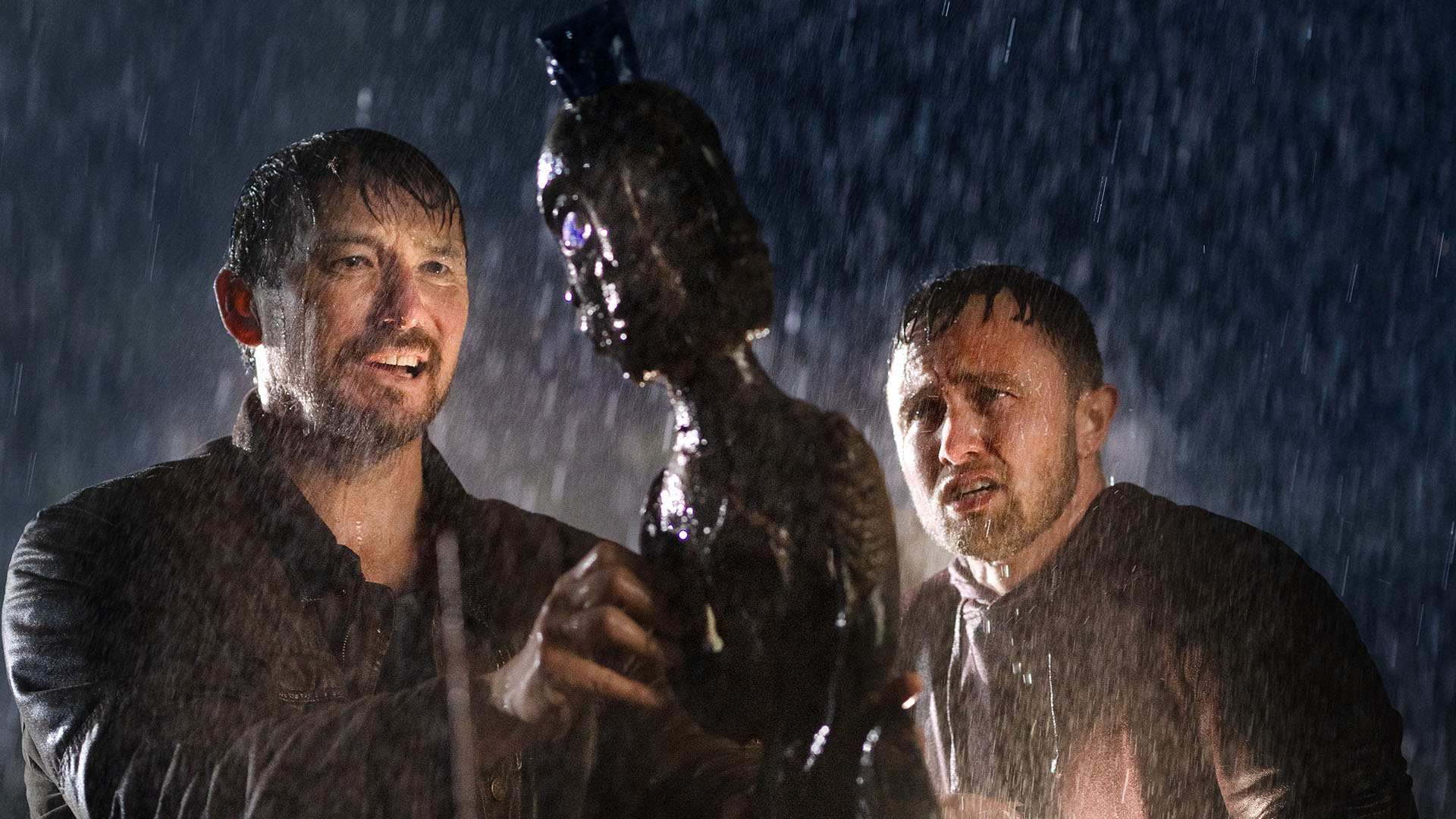
It’s worth elaborating on just how good Carrad is in this role. He can be crumbling in self-doubt one minute only to become the suavest dude the next, completely engulfing a character who’s completely confident in who they are but not necessarily in what they’re doing. With takatāpui, Papatūānuku, and tangata whenua all relying on what’s been set in motion, it’s easy to understand the enormous pressure he’s feeling.
It’s also easy to understand why his college ex Jem can’t stop himself from flirting with the endlessly charismatic Caz, with Liam Coleman (another recasting) playing the character like a bird who’s never taken to the skies—twitchy, shy, and scared, but desperately keen to fly. But while Caz is battle-hardened to the judgemental stares of the more closed-minded folk in the community, it’s an unfamiliar act of intimidation to Jem, creating an uncomfortable rift between the former couple.

In an equally uncomfortable position, Anahera (admirably played by Awhina-Rose Ashby) makes the difficult decision to enter the marae and recite the pepeha she practised in season one. If being called a Plastic Māori wasn’t enough, she now must face the acidic gaze of a certain whaea who hasn’t forgiven her nan for selling land decades ago. That might seem like a long time to hold a grudge, but from a Māori worldview, it’s not that long at all—though it’s still unwarranted to pass a grudge onto a person’s child.
Just like its key characters, Rūrangi: Rising Lights wears its heart on its sleeve. As such, the show doesn’t leave anything to subtlety, which may lead to some criticising it for being too on-the-nose with its messages. However, it’s also important to keep in mind that this is a show about activists and activism—delivering messages on the nose is kinda their whole deal. Removing that aspect would be like removing wars and stars from Star Wars.

The show does, however, have its fair share of quieter moments that speak volumes. In a scene where Caz chats to his rangatahi admirers, he casually and directly asks them what pronouns they use. One says they’re still figuring it out, to which Caz gives the Kiwi-est of responses: “Yeah, all good.” That’s it. No dramatics. No revelations. Just a rock-solid blueprint on how to approach someone about pronoun usage.
It’s one of the many steps towards positive change, an attribute that defines the show. Rūrangi isn’t just the title of the series or the name of Caz’s hometown, it also means “a time of shift and reclamation” as one character bluntly states.
So what about the Rising Lights? Is that a reference to the characters emerging into prominence? Or the people growing more enlightened about gender and cultural identity? Yeah, probably. But in a more literal sense, it’s referring to a phenomenon in the skies appearing in each episode. It’s big, it’s bold, and it demands your attention—much like this second season.






